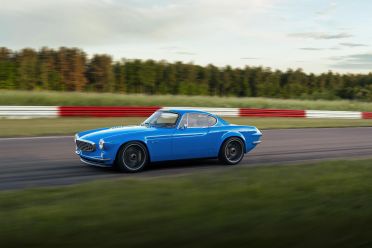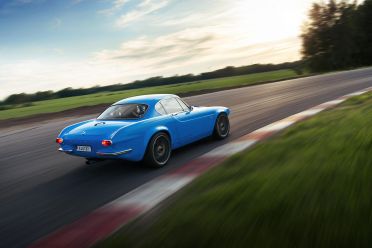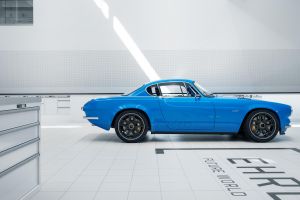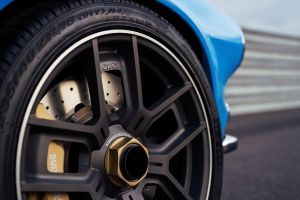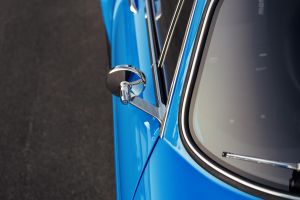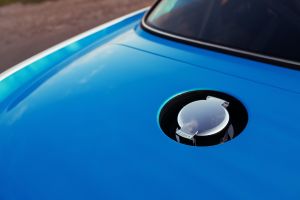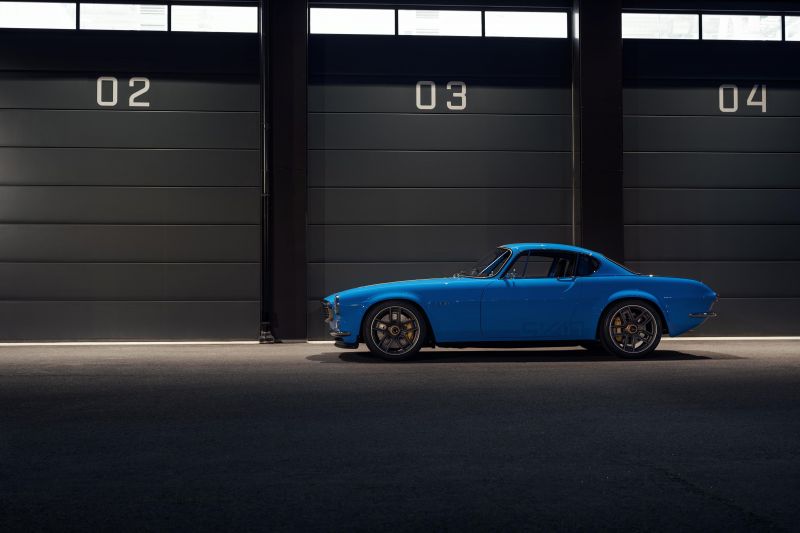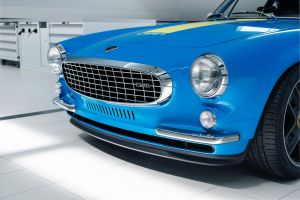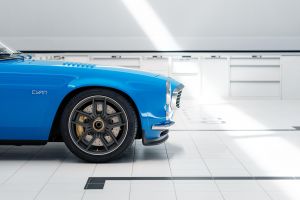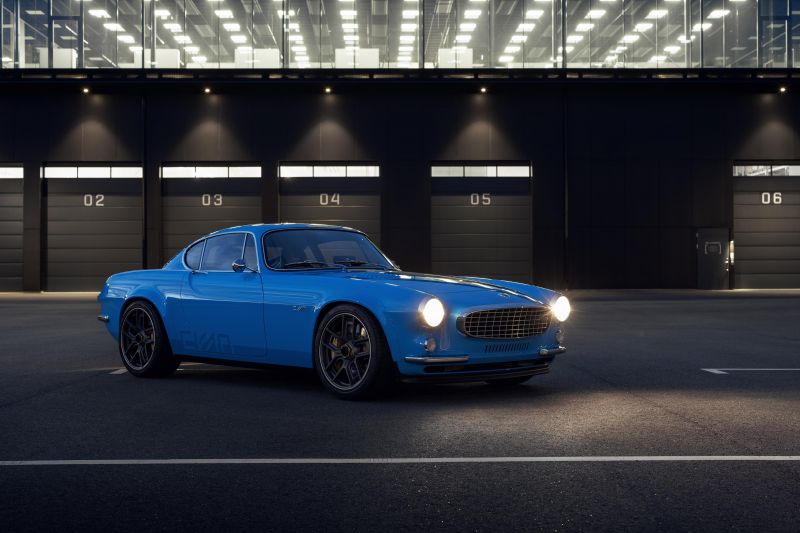Six decades since its debut, the Volvo P1800 has been given a modern makeover by the company’s motorsport partner Cyan Racing – but it’s not all-electric like we first thought.
Revealed for Europe and the UK this week, the Volvo P1800 Cyan celebrates “what could have been” if the racing division had the chance to tinker with the classic Swedish sports car in the 1960s.
The original P1800 was revealed in 1960, a year before the iconic Jaguar E-Type, two years before the Ferrari 250 GTO and three years before the original Porsche 911.
As we know, those three massively influential models in automotive history went on to spawn a long line of high-end performance cars and motorsport ventures for their respective brands. Volvo, meanwhile, never really went down the same route.
“The Jaguar, the Ferrari and the Porsche are all cars with a continuation,” said Christian Dahl, CEO and founder of Cyan Racing.
“That left us with inspiration to create what could have been if we as a race team had been there during the sixties, racing the P1800, and got to design a road version of our race car.”
“We have done that before with three of our race cars, the Volvo C30, the Volvo S60, when we were known as Polestar, and last year the Lynk & Co 03 Cyan. The Volvo P1800 Cyan is our interpretation of what could have been,” Dahl added.
At the heart of the Volvo P1800 Cyan is its race car engine – a 2.0-litre turbo four-cylinder petrol engine based on the one used in the successful Volvo S60 TC1 race car.
Outputs are rated at 420hp (308kW) at 7000rpm and 455Nm at 6000rpm, with that grunt channeled to the rear wheels via a five-speed Holinger dog-leg manual gearbox specifically developed for this car.
The engine has been tuned to deliver a more linear power and torque curve akin to a naturally-aspirated engine, in an effort to deliver a driving experience like the sixties “but with increased performance and precision”.
“The power peaks late. It is designed for high revs a lot, with the torque intuitively linear to the pedal. We have learnt from racing where the drivers want perfect control of the torque, increasing precision and driving pleasure at the same time,” said Mattias Evensson, project manager and Head of Engineering at Cyan Racing.
Helping put that power down is a limited-slip differential, while the original P1800’s live rear axle has been replaced with an independent rear setup designed by Cyan Racing. Both the front and rear suspension is fully adjustable.
Also featuring under the skin are a carbon-fibre-reinforced chassis, aluminium uprights and double wishbones in the suspension system, as well as two-way adjustable dampers with Cyan hydraulics.
Connecting the chassis to the road are 18-inch forged alloy wheels wrapped in Pirelli P Zero rubber measuring 235/40 at the front and 265/35 at the rear. Stopping power is provided by 362 x 32mm steel brake discs with four-piston calipers – though the P1800 Cyan goes without ABS or a brake booster for a “genuine feeling”.
Volvo and Cyan racing haven’t quoted any performance times, but given the engine’s outputs and the super-light 990kg kerb weight, the P1800 Cyan should be very quick.
“The Volvo P1800 Cyan is the result of an advanced engineering process, involving many of the same talents who designed, built and developed our world title winning Volvo S60 TC1 Cyan,” said Christian Dahl.
“A vital part of the project was to reconnect with our first road car. We wanted to carry over some of the driving feeling and performance availability from that car and it has been thoroughly useful throughout the development process.”
Pricing is “available for prospective clients” upon request, leading us to believe getting your hands on one of these ‘resto-mod’ coupes will cost you a pretty penny.
What are your thoughts of the Volvo P1800 Cyan? Let us know in the comments below





